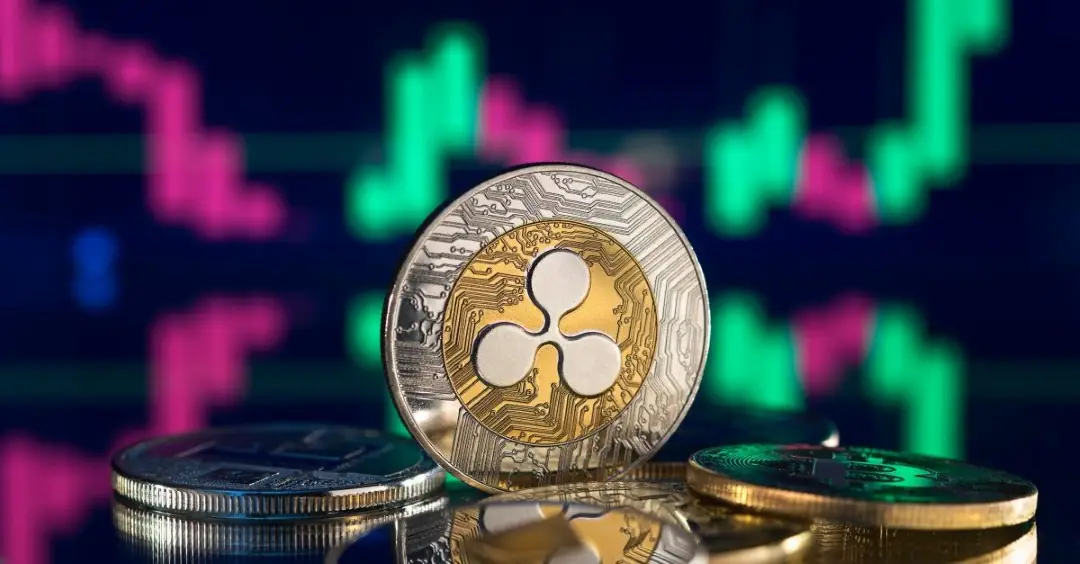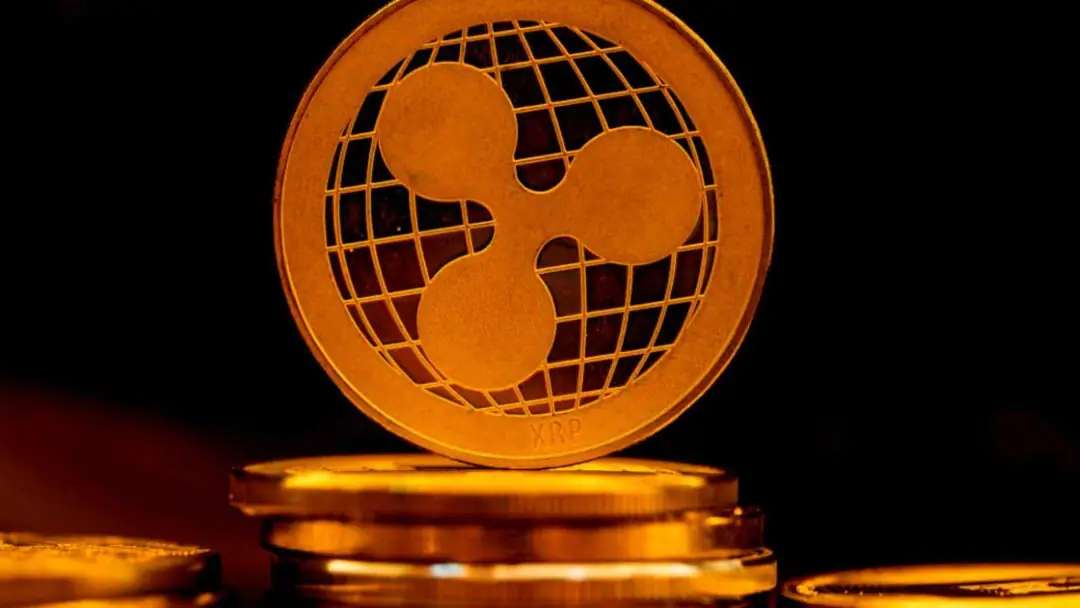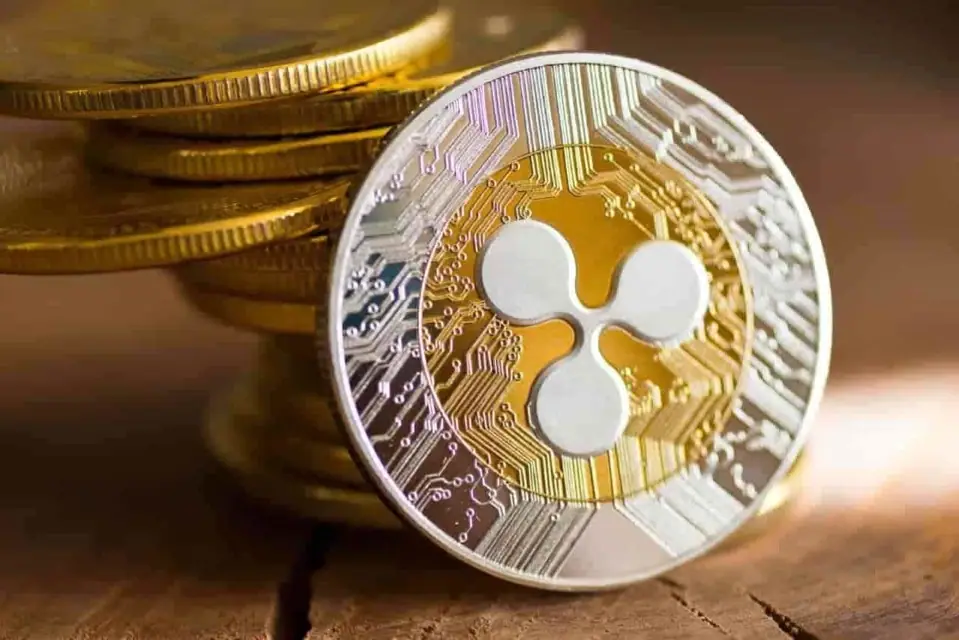Ripple, a digital payment protocol and cryptocurrency, has been a subject of interest for many investors. The question that often comes up is, “Is Ripple good for long term?” To answer this question, we need to delve into various aspects of Ripple such as its unique features, market performance, potential challenges, and future prospects.
Understanding Ripple and Its Unique Features
Ripple (XRP) stands out in the crowded cryptocurrency market with its distinctive attributes. Unlike Bitcoin or Ethereum, which primarily serve as digital currencies, Ripple also operates as a technology protocol. Its main product, RippleNet, offers a real-time gross settlement system, currency exchange, and remittance network. This dual functionality provides Ripple with a practical use-case in the financial industry, particularly for cross-border transactions, giving it a solid foundation for long-term sustainability.

Market Performance of Ripple
Historically, Ripple has demonstrated impressive market performance. Since its inception, Ripple has shown substantial growth, occasionally outperforming other major cryptocurrencies. However, like all investments, Ripple’s price can be volatile, influenced by various factors including market sentiment, regulatory news, and overall economic conditions. Therefore, potential investors should consider these factors and their risk tolerance before investing.
Potential Challenges for Ripple
One of the primary concerns for Ripple’s long-term prospects is the ongoing legal battle with the U.S. Securities and Exchange Commission (SEC). The SEC alleges that Ripple conducted an unregistered securities offering, which Ripple vehemently denies. The outcome of this lawsuit could significantly impact Ripple’s future, either positively or negatively.
Future Prospects of Ripple
Despite the current legal challenges, Ripple’s future looks promising. Its unique selling proposition – facilitating fast and low-cost international money transfers – addresses a real-world problem. If Ripple continues to forge partnerships with financial institutions worldwide, it could further cement its position in the global payments industry.

FAQs:
1. What is Ripple?
Ripple is both a digital payment protocol and a cryptocurrency (XRP). It enables fast, low-cost international money transfers.
2. How does Ripple work?
Ripple operates through a distributed ledger system. Its primary product, RippleNet, provides a platform for real-time, cross-border transactions between financial institutions.
3. Is Ripple a good investment?
Ripple has shown potential as an investment, but like all cryptocurrencies, it comes with risks. Investors should consider their risk tolerance and investment goals before investing.
4. What makes Ripple different from other cryptocurrencies?
Unlike most cryptocurrencies, Ripple also serves as a technology protocol, offering a platform for real-time, cross-border transactions.
5. What could affect Ripple’s price?
Ripple’s price can be influenced by various factors, including market sentiment, regulatory news, and overall economic conditions.
In assessing whether Ripple is good for the long term, one must consider its unique features, market performance, potential challenges, and future prospects. While Ripple faces some hurdles, its distinctive role in the global payments industry offers promising potential for long-term growth. However, like any investment, prospective investors should conduct thorough research and consider their risk tolerance before investing in Ripple.


